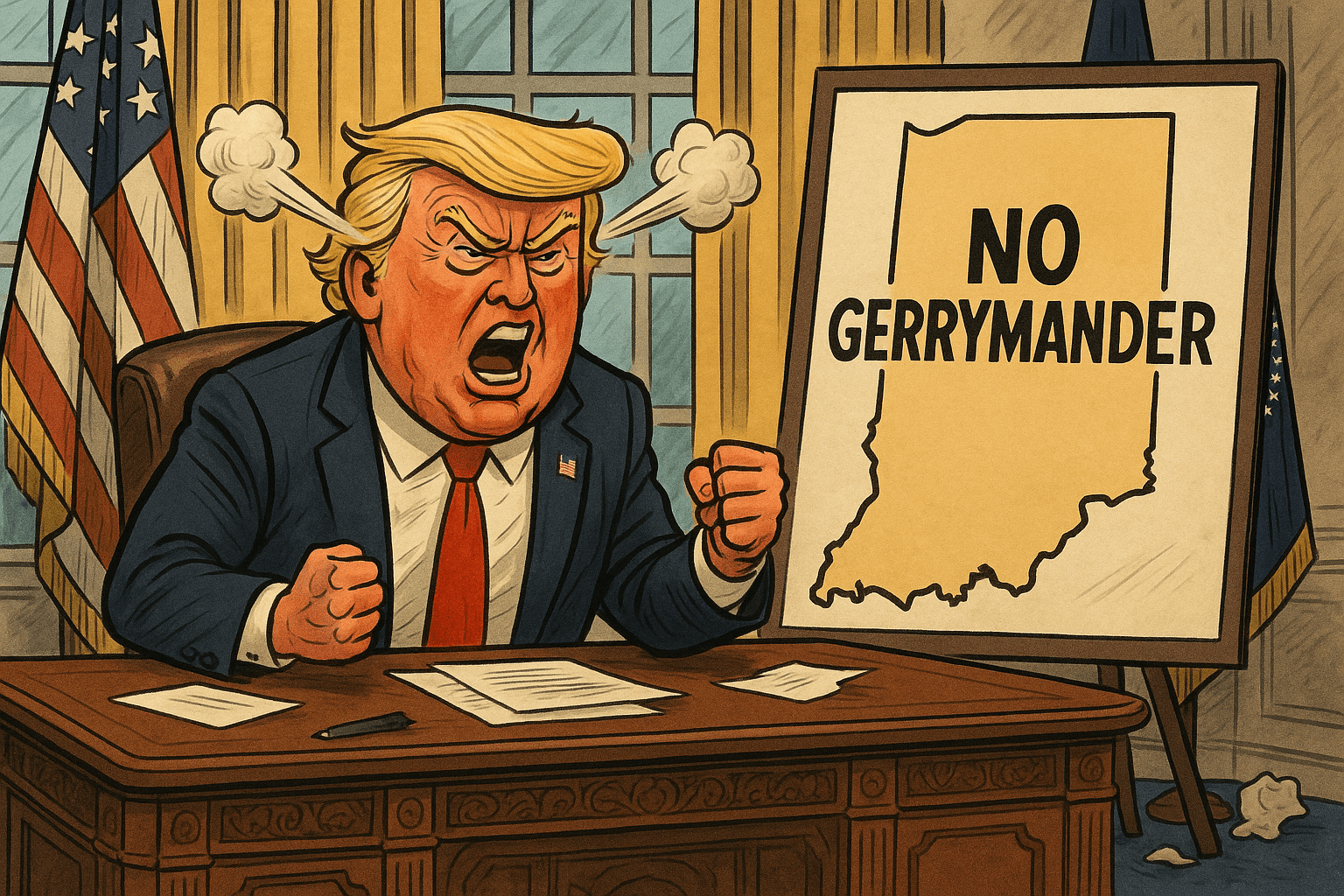Want Fair Elections in New York City? Ranked Choice Isn’t Enough Without Open Primaries

A lot of people are talking about democracy reform in New York City, especially since the implementation of ranked choice voting.
But while ranked choice voting in party primaries is novel, let’s be honest: it’s not “small-d” democratic. The fact is, the general election still uses a plurality voting system, which means candidates don’t need to win a majority, they just need more votes than anyone else.
In other words, we changed how we count votes in the summer, while leaving the real power bottleneck untouched in November.
And here’s the part no one likes to say out loud: the most important election in New York City, the Democratic primary, is still closed to most voters.
The Democratic Primary Is the Election
In a city where over 3 million voters are registered Democrats or live in Democrat-only households, and where non-Democrats are more likely to be Latino, Asian, or Black, the outcome of a closed Democratic primary effectively determines the winner in most districts.
According to the Independent Voter Project’s analysis of NYC voter rolls, over 21% of voters are registered as nonpartisan, yet the City of New York legally blocks them from participating in the election stage that matters most.
Even more troubling, the voters who do participate in these party primaries skew disproportionately white and affluent. Meanwhile, districts with larger Black, Latino, and Asian populations have significantly lower turnout. According to the NYC Economic Development Corporation, “the five council districts with the highest turnout were all majority white,” and in some neighborhoods, fewer than 1-in-10 voters cast a ballot.
This is not representative democracy. It is legalized voter suppression by exclusion.
Plurality Elections Reward Extremes
Because New York’s general elections are still decided by plurality, not majority, candidates have little incentive to appeal to a broad coalition. Instead, they focus on mobilizing the largest minority voting bloc: typically the party base.
That’s how a candidate with socialist policies, far out of sync with the general electorate, can win a closed primary. But that same candidate likely wouldn’t survive an open, nonpartisan primary, or a majority-based general election.
Eric Adams Is Running as an Independent for a Reason
New York City’s current mayor, Eric Adams, is running for re-election as an independent, not as a Democrat. That’s not just a strategy, it’s a statement.
Adams knows what many New Yorkers feel: the Democratic primary doesn’t reflect the city as a whole. He doesn’t speak the language of ideological purists, and the party base knows it. But in a general election open to all voters, if it were truly open, Adams would be competitive.
The irony? The general election may be technically open, but it’s not competitive. The field has already been narrowed by the party machine.
A Constitutional Problem Across State Lines: The Right to Vote
This isn’t just a New York problem. The Independent Voter Project has filed a petition for writ of certiorari to the US Supreme Court, challenging New Jersey’s closed primary system on constitutional grounds.
Our position is simple: No voter should be required to join a political party to participate in a taxpayer-funded election.
In both New Jersey and New York, the primary is the most important stage of the election, yet unaffiliated voters are completely excluded. As the petition argues:
“There is no legitimate reason to give the members of two political parties exclusive access to an integral stage of a public election process… Doing so compromises the stability and health of our democracy…”
The same principle applies to New York. The public has the right to an inclusive and meaningful election process: at all stages.
Open Primaries: The Reform NYC Actually Needs
Yes, ranked choice voting has helped. But until it’s used in all elections, not just party primaries, its impact will be limited.
And until New York adopts open primaries, or better yet, a nonpartisan system that includes all voters and candidates in a single primary; its elections will continue to be decided by the few, not the many.
It’s already happening: Independent voters in New York are organizing to demand open primaries. And with Eric Adams considering a run outside the party, this isn’t a theoretical issue anymore. It’s central to the future of New York’s political identity.
This is a moment of clarity. If New York City wants to lead the country in democracy reform, it has to start by doing the hard thing:
Fix the system where it’s most broken: at the beginning, with open primaries.
 Chad Peace
Chad Peace








